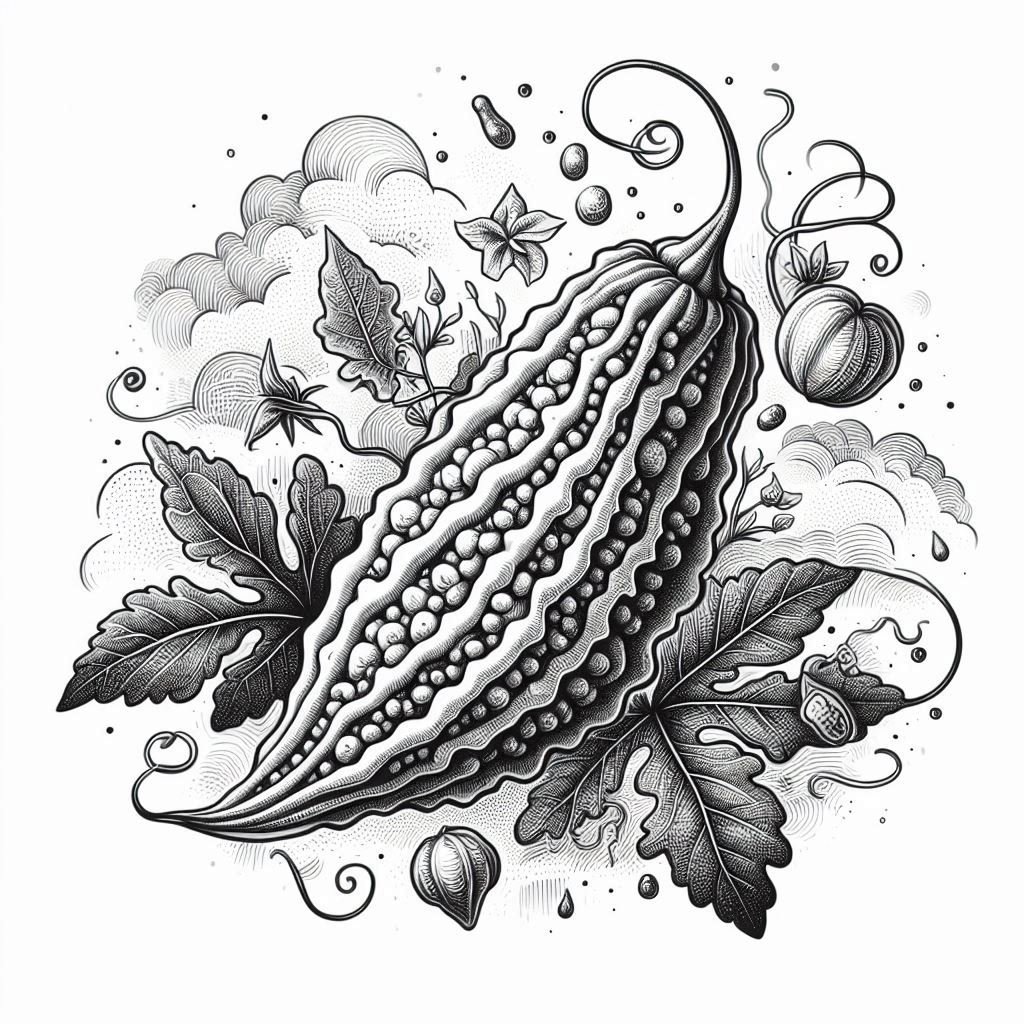It’s a neighborhood that feels lived-in– families, shopkeepers, old dogs, worn awnings. Maybe a little in the shadow of Roppongi, this neighborhood is where you find local sweets, understated cafes, and streets that haven’t been flattened into a mall.
Shopping Street
Azabu-Juban Shotengai. This historic street has many shops in a range from century-old establishments to boutiques.
Mamegen. Sample traditional Japanese snacks like okaki (rice crackers) and bean confections at this long-standing shop.
Azabu Karinto. Indulge in karinto, deep-fried sweet snacks coated with brown sugar syrup, available in various flavors.
Kimono Art Sunaga. This easygoing shop offers tailor-made and ready-to-wear kimonos, plus smart little crafts and ornaments made from old kimono fabrics.
Asa no Ha. Shop specializing in tenugui — hand-dyed cotton cloths of old Edo patterns, plus bags, pouches, and small goods from the same fabric.
Sennen Kojiya. Shop run by Niigata’s Hakkaisan Brewery, specializing in fermented goods—miso, amazake, shio-koji—and offer a curated selection of Hakkaisan sake. Soft serve and smoothies incorporating fermented fun.
Snacks & Sweets
Naniwaya Sohonten. The birthplace of taiyaki, the fish-shaped pancake filled with red bean paste. The wait can be long if you want takeaway, I usually eat at the shop. The grilled mochi is also delicious.
Azabu Yasai Gashi. Doing sweets the vegetable way — think carrot yokan, sweet potato manju, and avocado caramel kakigōri.
Hisaya. A chestnut-focused dessert shop and café, 1F sells roasted chestnuts and sweets, 2F lounge serves Mont Blanc and parfaits made with Tamba chestnuts, plus savory dishes like chestnut curry and Kyoto-style obanzai sets.
Motosoe. A tiny bakery making cube-shaped egg bread with organic, farm-sourced eggs. Each loaf gets a light sugar brûlée on top for a crackly finish.
Dumbo Donuts. Enormous, yeasty donuts with a glossy glaze and a soft, chewy bite. Flavors range from classic cinnamon sugar to kinako or matcha glaze. The shop pairs these with dark roast coffee from Kyoto's Arabica.
Coconut Glen’s. Hawaiian transplant serving vegan ice cream made from coconut milk and organic cane sugar. Flavors include chocolate, pistachio, ginger lemongrass, and banana rum raisin.
CHIHYE COFFEE. Minimalist café offering specialty coffee and a menu of handmade sweets, including crookies (croissant-cookie hybrids), carrot cake, and banana bread.
Soufflé Cafe. Specializing in soufflé pancake sandwiches. They’re thick, custardy, and come in flavors like matcha azuki and pineapple mascarpone.
Iwasawa. Kakigori shop with with seasonal fruit like peach or fig Gorgonzola, and topped with handmade syrups and creams that are not overly sweet.
Pizza
Nim’s Pizza. New York-style pizza — crisp, chewy, maybe not quite greasy enough, but very close. Classics like pepperoni and grandma pizza, but the vodka sauce and lemon-honey pies show some Tokyo flair. Late-night friendly.
Savoy Pizza. Putting Tokyo pizza on the map, this tiny shop does two things: Margherita and Marinara. The crust is blistered just right, the tomatoes taste like sunlight, and the basil isn't just for show.
Pizza Strada. Great wood-fired pizza. This pizza shop is local, laid-back, and award-winning without making a big deal about it.
Dining
Itosho. Specializing in shojin ryori—Buddhist vegan cuisine. For over 50 years, it offered seasonal, plant-based kaiseki meals crafted with meticulous attention to detail. Heard rumors that it might be closed now owing to chef retirement? Need to confirm.
Azabu Kadowaki. Kaiseki restaurant, six counter seats and a few private rooms. The meal is omakase, seasonal, and precise, signature truffle claypot rice. Haven’t been but want to, tough to get a reservation bc Michelin 3 star and few seats.
Yoshikawa Azabujuban. A sushi tempura-focused omakase restaurant offering seasonal ingredients prepared in a refined, traditional style. Counter seating allows guests to watch each item cooked to order. The setting is quiet and understated, ideal for a focused meal.
SUSHI GARYU. A small, reservation-only sushi restaurant known for its Edomae-style omakase. Fish is seasonal, preparation is precise, and seating is limited to maintain intimacy. Has loyal following and regulars who value quality and consistency.
Mitate Soba. Specializes in hand-made buckwheat noodles served in elegant, modern presentations. Seasonal tempura and small plates round out the menu, with both cold and hot soba options available. The space is minimalist and calm, suited for a quiet, high-quality meal.
Yakinikuen. A casual yakiniku restaurant serving high-quality cuts of beef and pork grilled tableside. The menu includes a variety of set options and à la carte selections. Efficient service, and good value for the quality.
Soul Food House. Southern U.S. comfort food, big portions, fried chicken, waffles dripping in syrup and gravy, mac and cheese. The room hums with jazz, gospel, and regulars who feel more like family than customers.
Bars & Cocktails
Gen Yamamoto. 8-seat bar where cocktails are treated like a seasonal tasting menu. Each drink is built around a fresh ingredient (fig, yuzu, chestnut) paired with a single spirit, served in delicate glassware.
Tokyo Confidential. High-concept cocktail bar, speakeasy-like, with a rooftop terrace with Tokyo Tower views. Drinks are playful and precise, mezcal with watermelon and chili, or a bourbon cocktail served in a baseball glove. No reservations.
BAARA. Low-lit bar in Azabu-Juban mixing seasonal cocktails, rare Japanese whisky, and sharp small plates. Open late.
AlNiCan Rhodes Bar. Audiophile hideout built around a vintage sound system. Owner spins vinyl, classic rock and more, on request. Drinks are cheap and the vibe is mellow.

